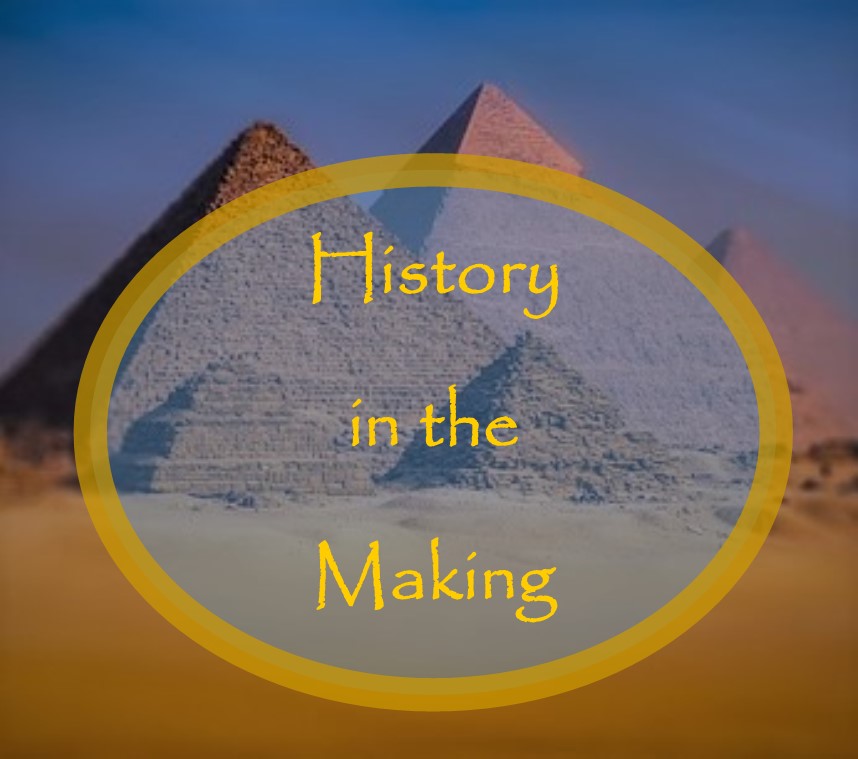Now that the holidays are over and a new year has begun, many of us will have a hard time stirring from our holiday-induced coma. But, we each have new stories and worlds to create. One of my favorite sayings is…
“Dreamers dream, writers write.”
It’s easy to stay in our happy-go-lucky pretend worlds, but it takes real work to get stories created; new worlds, characters, and conflict to stir the pot!
Each writer has their way of coming up with new stories to tell. Creative’s are wired different, but we have the same goal. To tell an entertaining or possibly a life-changing narrative. But how we come up with them is as unique as we are. Which category do you fall into below?
- Outliner
- Pantser
- Hybrid
Personally, it depends on what I’m writing. My nonfiction is planned out, whereas my fiction has a skeleton outline, but I let my characters take me along on the journey with them. The cliché, “Ideas are a dime a dozen,” is an accurate one. But screenwriters need to understand that not every story is visual. We will need a bigger idea box.
Idea Box!
Screenwriters are consistently working on assignment or speculation. Assignment writing is when a studio or production company hires someone to write stories that the studio has already developed an idea for. The writers are just doing the footwork.
Speculation or writing on spec is what most new writers do. We create ideas of our own and put them into visual stories, speculating someone will want to buy it or pay to go see it. Writing on spec is risky because no one knows if what the writer creates will ever be sold or produced.
Even when not writing, a screenwriter is still creating and playing with ideas in their mind or watching for great stories to be told in the news or the world around them.
I recently talked to a working screenwriter who lives in L. A., home visiting family for the holidays. He shared how his ideas are inspired from traveling back and forth between coastlines or the stories he hears when he comes home.
This man shared with me that conflict is king in storytelling, but uniqueness is the queen of storytelling. Unique voices, perspectives, and writing approach can make a simple story stand out amongst the millions of spec scripts. This is why many look down upon formulaic storytelling, an audience can lose interest if they can sense or know what will happen next.
Robert McKee notes, “story is about eternal, universal forms, not formulas.” there are guidelines for stories to follow, but they are fluid, not finite.
Guidelines allow the audience to follow the story, but never tell the story.
It’s our job as writers to communicate entertaining and original narratives that meet an audience’s needs. The pressure is on as we try to keep the audience both entertained and interested. Below are a few ways that I found online to help develop stories that are both entertaining and unique.
- Take a walk: They allow us to see the world at a slower pace, get fresh air, and listen to other people.
- Read the newspaper: Current events are great jumping-off points for characters. We want our ideas to be relevant in today’s world.
- Watch a movie and kill the protagonist off in the right way: Use that outcome to create a new tagline and write that story.
- What’s going on in your life: Writing is catharsis. Take your problems and put them on the page.
- Steel from the classics: Most of the classics are fair to use, so change up the settings, characters, and outcome.
- Mine the public domain: It’s not just the classics, the public domain is a great place to get inspired. Disney has mastered the art of retailing legends and fairy tales. The Bible is full of stories waiting to be told on the big screen.
- Start at the end of one of your old screenplays: What happens after you fade out? Can you tell a new story with the aftermath?
- What happens in one location?: Try taking your big idea and making them small, more focused, and specific.
- What can you shoot? What do you have access to? What locations, actors or set pieces do you have access to?
- Tap into history: History is public domain. It’s full of events people talk about all the time. [2]
Whether you’re a pantser, outliner, or hybrid, you have a story to tell. So, find it and tell it regardless of how you get there, just make sure it is unique.
Unique!
Screenwriter and writing coach Scott Myers says, “Start with the first word. Stories are written one word at a time.” Stories don’t write themselves, that’s our job. Hollywood is desperate for new stories. That is why Hollywood has been rebooting old movies and TV series from years gone by, below are just a few examples.
Each of these shows and movies all started with the first draft at some point, but they were only written after someone reached deep into their idea box.

Martin Johnson survived a severe car accident with a (T.B.I.) Traumatic brain injury which left him legally blind and partially paralyzed on the left side. He is an award-winning Christian screenwriter who has recently finished his first Christian nonfiction book. Martin has spent the last nine years volunteering as an ambassador and promoter for Promise Keepers ministries. While speaking to local men’s ministries he shares his testimony. He explains The Jesus Paradigm and how following Jesus changes what matters most in our lives. Martin lives in a Georgia and connects with readers at MartinThomasJonhson.com and on Twitter at mtjohnson51.



 We love helping your growing in your writing career.
We love helping your growing in your writing career.

No Comments